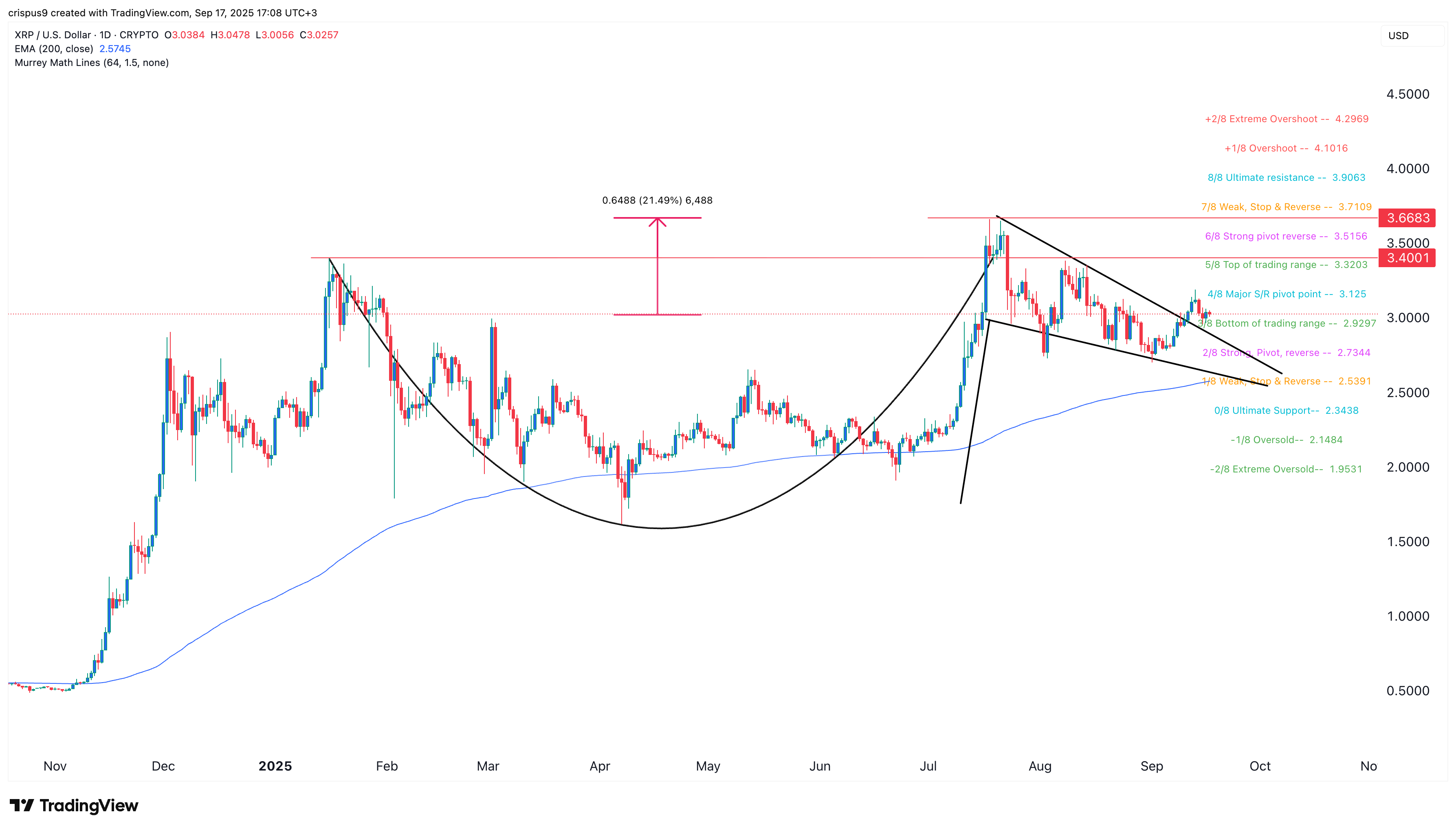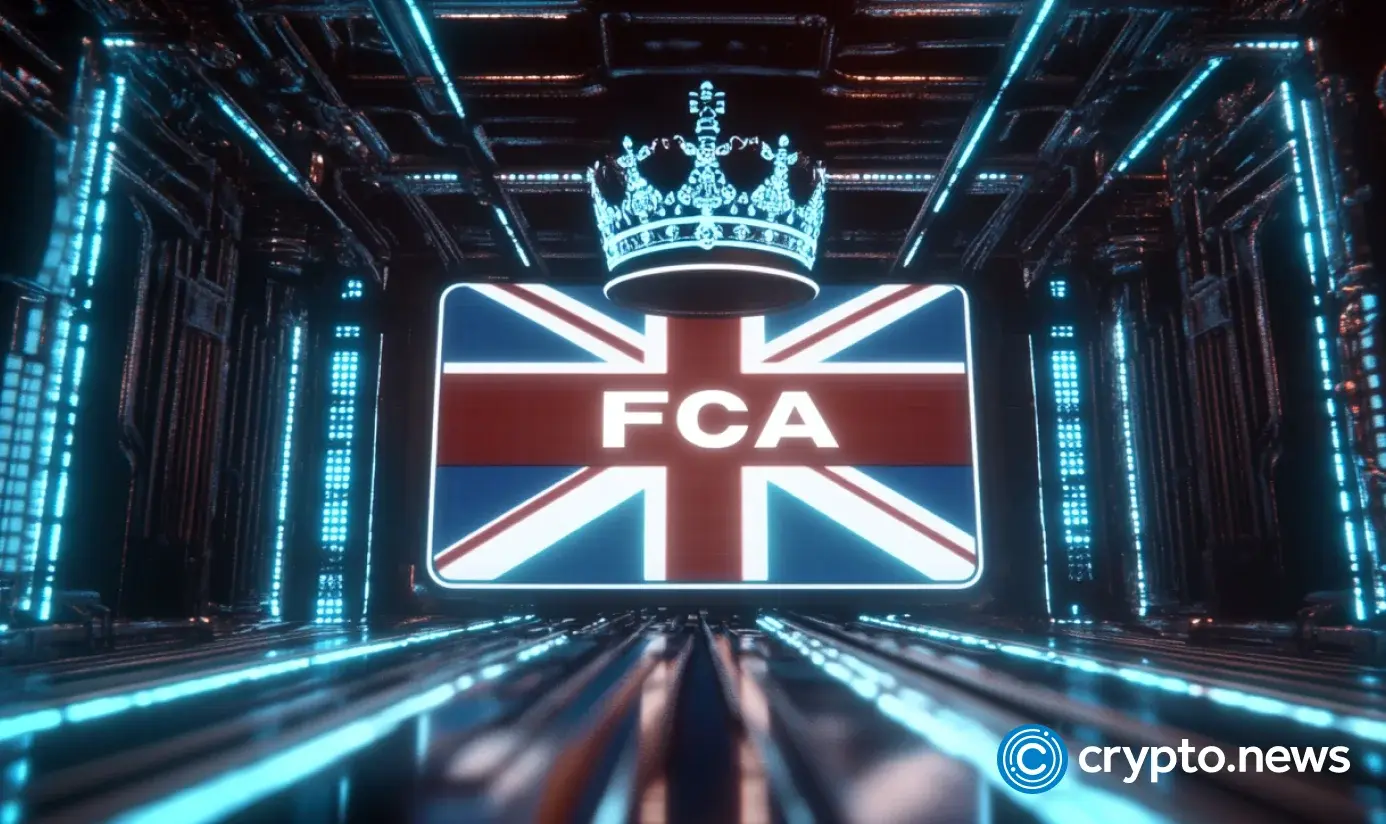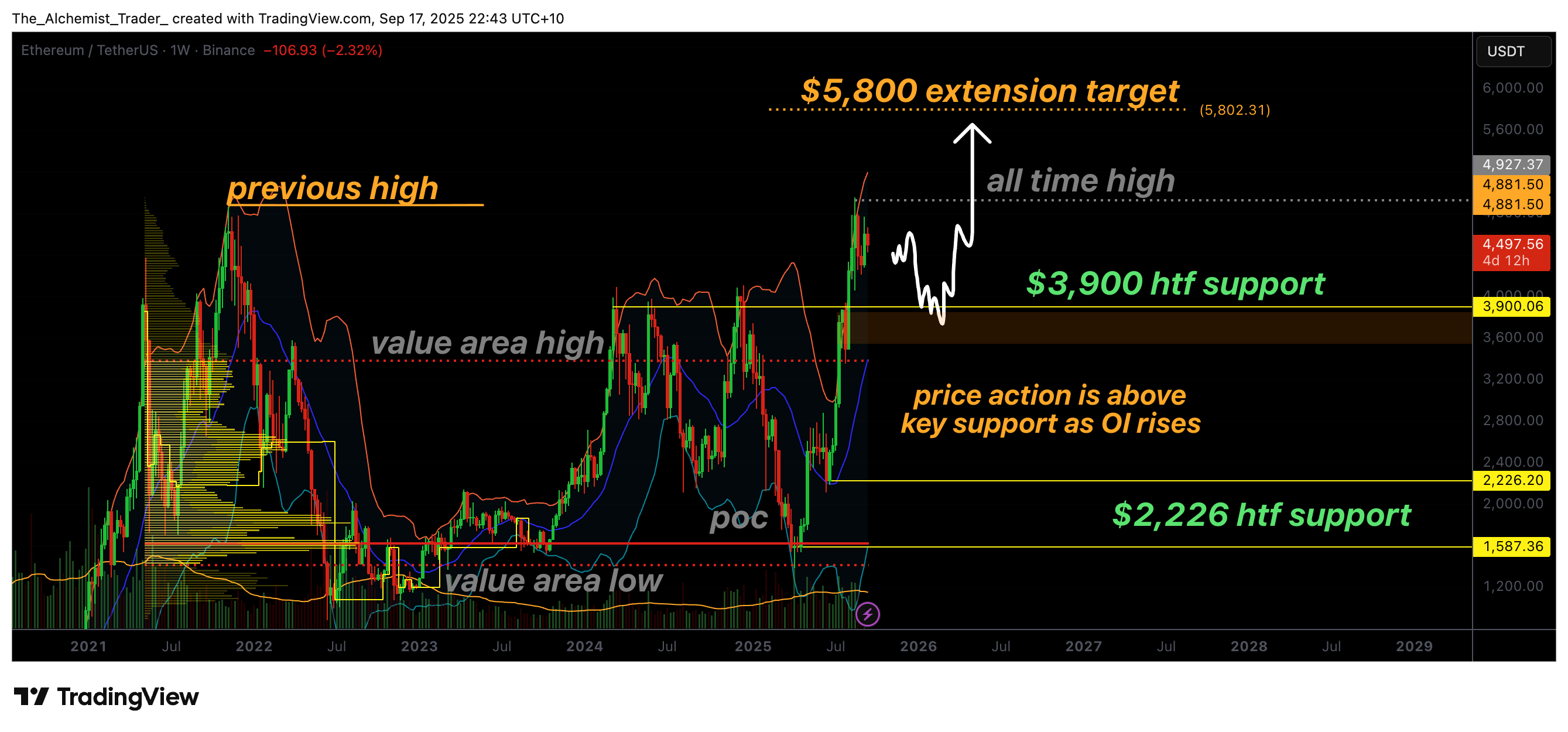Binance updates delisting rules in its terms of service

Binance has updated its terms of service regarding managing listed/delisted tokens on the exchange. Under Binance’s new rules, the exchange now has the authority to convert delisted crypto assets still held by its users after a certain period to any supported token of its choosing.
Regulators have charged Binance and its founder Changpeng Zhao in the US for alleged corrupt practices and unregistered securities offerings.
The exchange has recently updated its terms of service without making an official announcement on social media. Crypto.news has requested whether the company warned users of the changes but hasn’t yet received an official comment.
Under Binance’s new rules, all delisted tokens held by a Binance user after a certain period will be automatically converted to any supported crypto asset on the exchange without official notice to the customer. The paper reads:
“Binance has the exclusive authority to determine which Digital Assets are listed on the platform and may add or remove Digital Assets from the platform in its sole discretion, from time to time. If Digital Assets that are no longer listed on the platform remain in your Binance Account beyond a specified period, Binance may in its discretion convert such Digital Assets to a different type of Digital Asset . Binance may also change the order size available for each Digital Asset. In respect of such additions, removals, conversions or amendments, Binance may, but is not obliged to, notify Users in advance and Binance shall have no liability to Users in connection with such additions, removals, conversions or amendments.”
Binance’s terms of service
SEC’s crucade against crypto companies
The U.S. Securities and Exchange Commission (SEC) accuses Binance and its CEO, CZ, of running an unregulated global exchange. The SEC alleges that they allowed U.S. customers to engage in transactions without abiding by the required disclosure and registration prerequisites.
In addition, the SEC purports that Binance and CZ blended customer funds, redirecting them to entities owned by CZ, took part in deceptive trading activities, and created a sham U.S. offshoot to avoid legal scrutiny.
The SEC claims that both Binance and CZ knowingly overlooked regulatory norms, possibly putting investors at a financial risk for their profit motives. Responding to these claims, CZ denied the charges on Twitter, assuring that Binance would soon issue an official response, which they did subsequently.
After focusing on Binance, the SEC shifted its attention to Coinbase, the biggest exchange in the U.S.
The SEC accused Coinbase of operating as an unregistered broker, securities exchange, and clearing agency over a four-year period. They also claimed that the Staking Program by Coinbase was an unauthorized securities offering.
Brian Armstrong, Coinbase’s CEO, refuted these accusations on Twitter, asserting that the SEC had sanctioned Coinbase’s operations when it went public in 2021. In a statement, Coinbase expressed its disappointment with the SEC’s actions and affirmed its commitment to cooperate with the continuing investigations.




